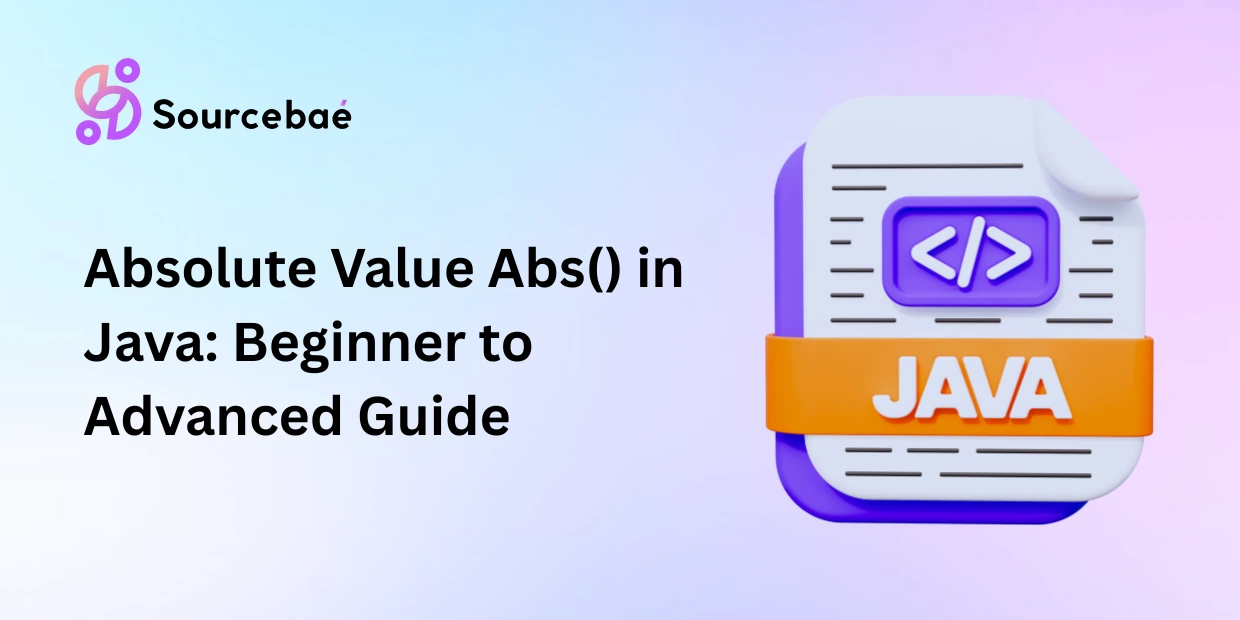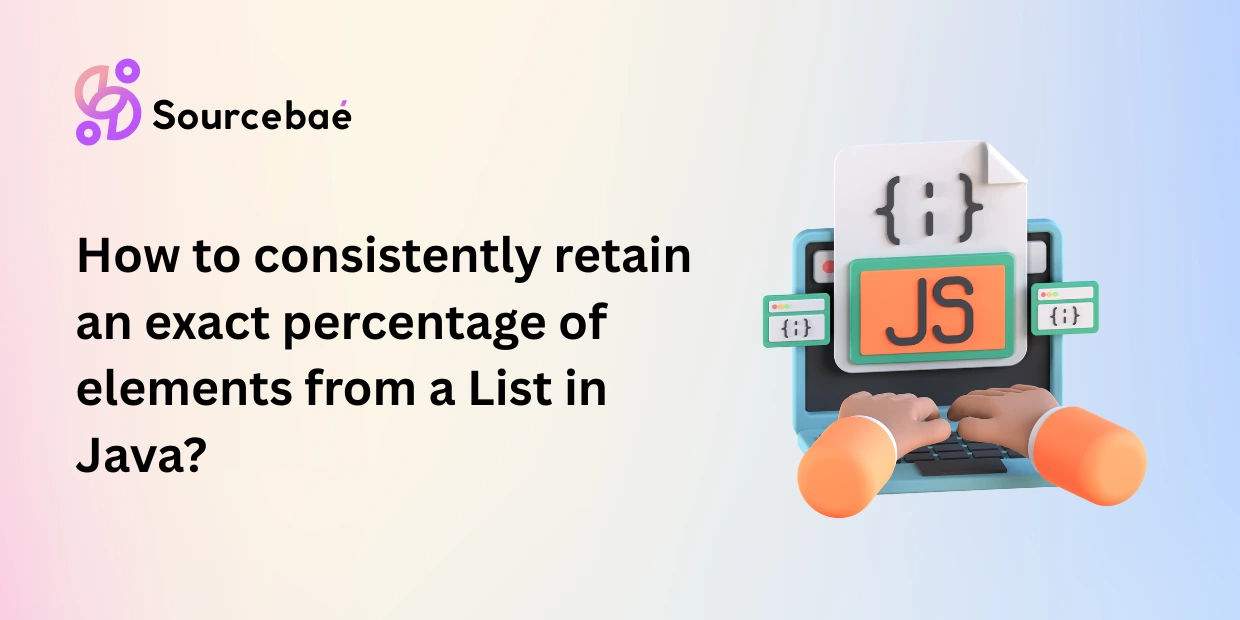In today’s fast-paced technological landscape, the role of a full stack Java developer has become increasingly vital.
A full stack Java developer possesses extensive knowledge and expertise in both front-end and back-end development, allowing them to handle various aspects of software development projects.
This article aims to explore the responsibilities, required skills, benefits, career path, future trends, and the overall significance of full stack Java developers in the tech industry.
A full stack Java developer is an individual who possesses comprehensive skills in all layers of web application development.
They are proficient in handling client-side as well as server-side programming, thereby enabling them to work on both the front-end and back-end of a software application.
These developers possess a versatile skill set that includes expertise in programming languages, front-end technologies, back-end technologies, and database management.
Skills
Programming Languages
A full stack Java developer must have a strong foundation in Java programming language. Java is a versatile language known for its reliability, scalability, and security. Additionally, familiarity with languages like JavaScript, HTML, CSS, and Python can further enhance their abilities, allowing them to develop dynamic and interactive web applications.
Front-end Technologies
Understanding front-end technologies is crucial for a full stack Java developer. Proficiency in frameworks like React, Angular, or Vue.js enables them to create user-friendly interfaces with smooth navigation, responsive designs, and visually appealing layouts. Knowledge of front-end frameworks empowers them to deliver seamless user experiences.
Back-end Technologies
On the back-end, a full stack Java developer is adept at utilizing Java frameworks like Spring or Hibernate. These frameworks facilitate the creation of robust and scalable server-side functionalities. Additionally, knowledge of RESTful API development, server-side scripting, and handling database operations helps them build efficient and secure back-end architectures.
Database Management
A full stack Java developer should be well-versed in database management systems like MySQL, Oracle, or MongoDB. They need to understand how data is stored, retrieved, and managed efficiently. This knowledge allows them to design optimal database schemas and write efficient queries.
Responsibilities
Full stack Java developers have diverse responsibilities that span across the entire software development lifecycle. These responsibilities include:
- Developing and maintaining software applications: Full stack Java developers are involved in designing, coding, and implementing applications, ensuring they meet the specified requirements.
- Building user-friendly interfaces: They create intuitive user interfaces that provide seamless navigation and interactive experiences by leveraging their front-end development skills.
- Ensuring code quality and performance: Full stack Java developers are responsible for optimizing the performance of applications by writing clean, efficient, and scalable code. They conduct thorough testing and debugging to ensure high-quality code.
Benefits
Being a full stack Java developer offers numerous benefits, making it an attractive career choice. Some of the key benefits are:
- Versatility and flexibility: Full stack Java developers possess diverse skill sets, enabling them to work on various parts of a software application. This versatility allows them to easily adapt to different project requirements.
- End-to-end development capabilities: With expertise in both front-end and back-end development, full stack Java developers can single-handedly handle every aspect of a project, from conceptualization to implementation.
- In-demand job market: The demand for full stack Java developers is high, with many organizations seeking professionals who can handle multiple development tasks efficiently. This demand translates to competitive salaries and ample job opportunities.
Career Path
To become a full stack Java developer, individuals need to follow a specific career path. Here are the key steps involved:
- Learning Java and its frameworks: Full stack Java developers begin their journey by acquiring a strong foundation in Java programming language and familiarizing themselves with popular Java frameworks such as Spring or Hibernate.
- Mastering front-end and back-end technologies: Delving into front-end technologies like HTML, CSS, and JavaScript is crucial to enhance the user interface. Simultaneously, gaining expertise in back-end technologies like databases and server-side scripting is essential for building robust server-side functionalities.
- Applying for Junior Developer positions: Aspiring full stack Java developers typically start their career by applying for entry-level Junior Developer positions in organizations. This provides them with practical experience and the opportunity to apply their skills in a professional setting.
- Advancing to Senior Full Stack Java Developer roles: With experience and expertise, full stack Java developers can advance their careers by taking on more challenging and senior roles within organizations. They can lead development teams, architect complex software solutions, and contribute to overall project management.
Future Trends
The future of full stack Java development looks promising, with several trends expected to shape its landscape. Some key trends to watch out for are:
- Growing demand for full stack developers: As technology evolves, the demand for professionals who can handle end-to-end development is increasing. Full stack Java developers, with their versatile skill set, will continue to be in high demand.
- Integration of artificial intelligence and machine learning: The integration of AI and ML technologies into software applications is gaining momentum. Full stack Java developers will be involved in implementing these technologies and ensuring their seamless integration.
- Focus on enterprise-level application development: Full stack Java developers will play a crucial role in developing enterprise-level applications that cater to the ever-growing needs of businesses. Meeting scalability, security, and performance requirements will be paramount.
Check Some More Interesting Posts:
- What is Java Used For?
- Why is Java Developer Salary So High?
- Django VS Angular: A Comprehensive Comparison
- Top 10 Java Development Companies
Conclusion
In conclusion, a full stack Java developer possesses a comprehensive skill set that enables them to handle various aspects of software development projects. From designing user-friendly interfaces to building efficient back-end architectures, these developers are essential in creating robust and scalable applications. The demand for full stack Java developers is projected to grow in the future, ensuring ample career opportunities in the ever-evolving tech industry.

FAQ
Q1: What is the role of a full stack Java developer?
A full stack Java developer is responsible for handling both front-end and back-end development tasks in software applications. They are proficient in programming languages, front-end technologies, back-end technologies, and database management.
Q2: Are full stack Java developers in demand?
Yes, the demand for full stack Java developers is high in the job market. Their ability to handle multiple development tasks makes them highly sought after by organizations.
Q3: What skills do full stack Java developers need?
Full stack Java developers require skills in programming languages like Java, front-end technologies like HTML, CSS, and JavaScript, back-end technologies like Spring or Hibernate, and database management systems like MySQL or Oracle.
Q4: What is the career path for a full stack Java developer?
The career path for a full stack Java developer typically involves learning Java and its frameworks, mastering front-end and back-end technologies, applying for Junior Developer positions, and advancing to Senior Full Stack Java Developer roles.
Q5: What is the future of full stack Java development?
The future of full stack Java development looks promising with the growing demand for full stack developers, integration of AI and ML technologies, and the focus on enterprise-level application development. Full stack Java developers will continue to play a crucial role in the tech industry.






